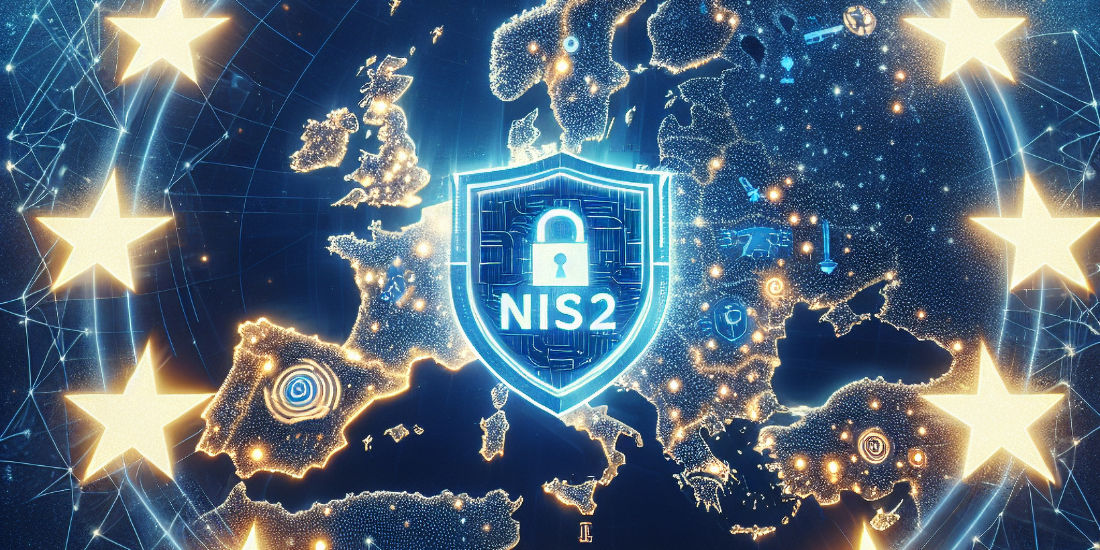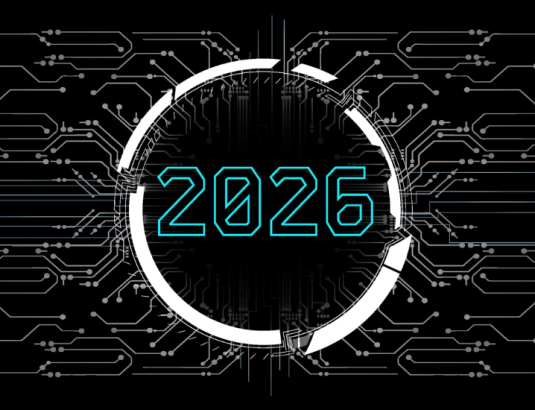


Monitoring Progress Across NIS2 Directive Sectors
The NIS360 Report
The NIS360 report is the EU Agency for Cybersecurity’s (ENISA) latest tool for advancing robust, future-ready cybersecurity across Europe. It is designed to identify and evaluate areas needing improvement, while also monitoring progress across the domains covered by the NIS2 Directive, offering comprehensive, in-depth analysis. Drawing data from national authorities with horizontal or sectoral responsibilities, assessments of companies within NIS2 sectors, and European data sources, it provides a clear picture of the impact of NIS2 implementation.
The goal of this assessment is to enhance resilience across Europe and support national authorities and cybersecurity organizations in EU Member States responsible for implementing NIS2 by:
- Gaining a comprehensive overview
- Setting priorities
- Identifying areas in need of improvement
- Monitoring sectoral progress
The report identifies three key priorities:
- Strengthening cooperation within and across sectors through community-building initiatives and collaboration at sectoral, national, and European levels.
- Developing sector-specific guidelines for implementing the core requirements of NIS2 becomes increasingly important during the directive’s integration phase. The report notes that national sectoral authorities are intensifying their efforts. While investments are rising, further upskilling is necessary.
- Promoting harmonization of requirements across Member States and fostering cross-border collaboration.
High-performing sectors identified in the report include electricity, telecommunications, banking, and digital infrastructure. These sectors demonstrate stability, connectivity, and economic security, and have benefited over time from strong regulatory oversight, global investments, political attention, and robust public-private partnerships, factors that enabled them to achieve a higher level of maturity.
On the other hand, six sectors were found to face significant risks and maturity gaps:
- ICT Service Management – Faces considerable challenges due to its diverse and complex nature.
- Space – Experiences difficulties stemming from limited cybersecurity awareness among stakeholders and heavy reliance on commercial off-the-shelf (COTS) components.
- Public Administrations – The sector’s diversity makes it difficult to achieve a unified level of maturity. It also lacks the support and experience found in more mature sectors.
- Maritime – Continues to struggle with issues related to Operational Technology (OT).
- Health – Faces challenges including insecure medical devices, procurement practices, and complex supply chains.
- Gas – Needs to improve its preparedness and incident response capabilities.
At Info Quest Technologies, as a key player in the digital ecosystem, we are continually investing in cybersecurity, infrastructure resilience, and strategic partnerships. We support the digital transformation of enterprises and public institutions while ensuring compliance with the NIS2 Directive. Our commitment to innovation and information security contributes to strengthening the overall maturity of the ICT sector and enhancing Europe’s digital resilience.




